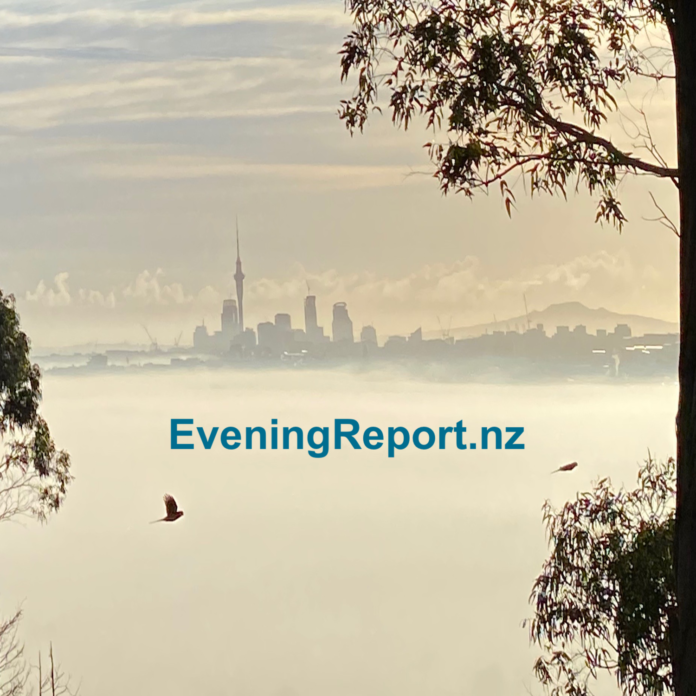By Harry Pearl
Restrictions on journalists covering an upcoming summit of Commonwealth nations in Samoa are “ridiculous” and at odds with a government that purportedly values democracy, says the Pacific island country’s media association.
The Samoa Observer newspaper in an editorial also condemned the government’s attempt to limit coverage of the Commonwealth Heads of Government Meeting (CHOGM), calling it a “slap across the face of press freedom, democracy and freedom of speech”.
The Commonwealth association, whose 56 members range from the world’s most populous nation India to Tuvalu in the South Pacific (population 14,000), covers some 2.7 billion people.
The summit in the Samoan capital Apia in October will be one of the biggest events ever held in Polynesian nation.
“I find the committee’s stance ridiculous,” Lagi Keresoma, president of the Journalist Association of Samoa (JAWS) told BenarNews. “We have written to the prime minister who is the head of the CHOGM task force regarding these restrictions.
“We are also trying to get a copy of the Commonwealth guidelines the committee chairperson said the decision is based on.”
The restrictions were very disappointing for a government that claimed to believe in democracy, transparency and accountability, Keresoma told online news portal Talamua.
Alarmed over stringent rules
On Wednesday, local journalists who attended a press briefing by Lefaoalii Unutoa Auelua-Fonoti, co-chair of the CHOGM media sub-committee and CEO for the Ministry of Communications and Information Technology, were alarmed to hear of the stringent media rules.
The guidelines, endorsed by cabinet, prevent photographers and videographers taking pictures, put restrictions on journalists covering side events unless accredited to a specific pool, and stop reporters from approaching delegates for interviews, Samoan media reported.
Two state-owned media outlets, in partnership with New Zealand-based company MMG Communications, have been awarded exclusive rights to cover the event in film and video, according to the Samoa Observer. All other media, including foreign press, will have to request access to pooled photos and footage.
The Samoa Observer said the restrictions were incongruous with international practices and set a dangerous precedent for future events.
“It is a farce and an attempt by a dysfunctional government unit to gag local and overseas media,” the newspaper editorial said.
“We are not living under a dictatorship, neither are the media organisations coming to cover the event.”
CHOGM did not immediately reply to a request for comment on the media guidelines.
Unstable Pacific media freedom
The incident highlights the unstable state of press freedom in some Pacific island countries. Fiji in 2023 repealed a draconian media law that mandated prison sentences for content deemed against the national interest, while Papua New Guinea’s government has been considering proposals for greater control over the media.
Last month, Papua New Guinea’s media council condemned the exclusion of a BenarNews journalist during a visit by Indonesia’s President-elect Prabowo Subianto as “concerning” and “shameful.”
Samoa’s ranking in Reporters Without Borders’ global press freedom index slipped to 22nd this year out of 180 countries, from 19th in 2022. But it is the only Pacific island nation in the top 25.
The restrictions at CHOGM were not an accurate reflection of the country’s solid ranking, the Samoa Observer editorial said.
State-controlled or influenced media has a prominent role in many Pacific island countries, partly due to small populations and cultural norms that emphasize deference to authority and tradition.
Some Pacific island nations, such as Tuvalu and Nauru, have only government media because they have the populations of a small town. In others, such as Papua New Guinea, Samoa and Fiji, private media has established a greater role despite episodes of government hostility.
Copyright ©2015-2024, BenarNews. Republished with the permission of BenarNews.
Article by AsiaPacificReport.nz






